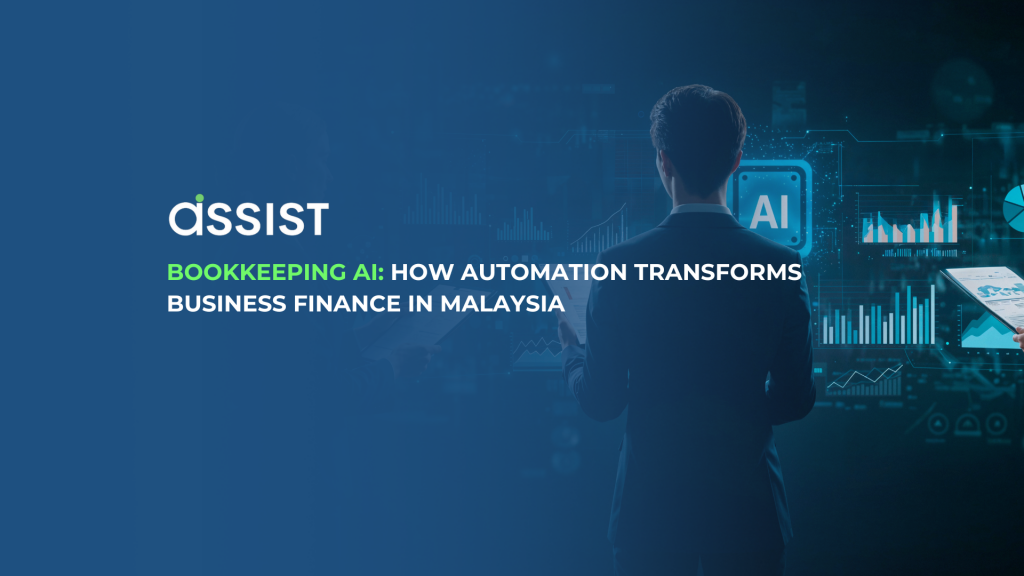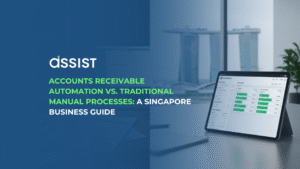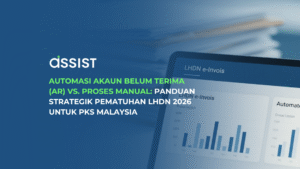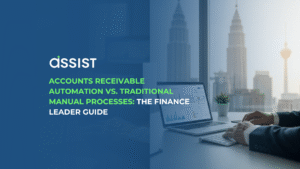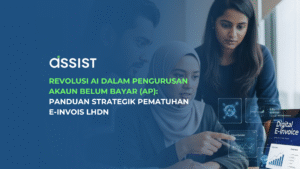Bookkeeping has always been a crucial yet time-consuming part of running a business. Today, artificial intelligence (AI) is revolutionizing this essential function. Bookkeeping AI is no longer just about replacing manual data entry — it’s about enabling smarter, faster, and more accurate financial management.
In this guide, we’ll explore what Bookkeeping AI is, how it works, its benefits and risks, and how it can give your business a competitive edge.
What is Bookkeeping AI?
Bookkeeping AI uses artificial intelligence to automate and enhance bookkeeping tasks. Unlike traditional accounting software that follows rigid rules, AI systems can learn patterns, adapt to new data, and handle complex financial scenarios with minimal human oversight.
Solutions range from fully automated platforms that manage transactions end-to-end, to hybrid models that combine machine efficiency with expert human review. This flexibility allows businesses to adopt the level of automation that fits their unique needs.
How Bookkeeping AI Works
AI bookkeeping systems rely on a combination of advanced technologies:
-
Optical Character Recognition (OCR): Captures and converts text from receipts, invoices, and statements into digital data.
-
Natural Language Processing (NLP): Understands transaction descriptions and assigns them to the correct categories.
-
Machine Learning (ML): Learns from past adjustments to improve accuracy over time.
These tools automate repetitive tasks such as categorizing expenses, reconciling bank statements, detecting anomalies, and generating reports — freeing bookkeepers to focus on analysis and strategic advice.
Benefits of Bookkeeping AI for Businesses
Time and Cost Savings
AI can process thousands of transactions in seconds, cutting manual data entry time by up to 80%. This means your finance team can spend more time on activities that actually grow your business.
Accuracy and Compliance
Automated processes reduce human error, ensuring financial records are accurate and compliant with relevant tax and reporting regulations.
Scalability
AI systems scale effortlessly, whether you’re managing a few hundred transactions or hundreds of thousands.
Limitations and Risks of AI Bookkeeping
While AI offers many advantages, it’s not without potential drawbacks:
-
Data Security Risks: Cloud-based systems must have strong cybersecurity protections.
-
Software Accuracy: Poor training data or system bugs can cause classification errors.
-
Need for Human Oversight: Complex or unusual transactions still benefit from expert review.
Understanding these limitations ensures you put the right safeguards in place.
Industry-Specific Applications of AI Bookkeeping
E-commerce & Retail
Integrates with inventory systems for real-time cost tracking and profitability analysis.
Professional Services
Automates client billing, expense tracking, and project-based reporting.
Manufacturing
Tracks complex supply chain expenses, raw material costs, and production-related financials.
How to Choose the Right AI Bookkeeping Tool
When evaluating options, consider:
-
Core Features: Automated categorization, invoicing, reporting, and reconciliation.
-
Integrations: Ability to connect with your POS, CRM, or ERP systems.
-
Support: Quality onboarding, training, and ongoing assistance.
-
Pricing: Whether it’s per transaction, per user, or a flat rate.
Sample Comparison Table:
| Feature | Tool A | Tool B | Tool C |
|---|---|---|---|
| Automated Categorization | ✅ | ✅ | ✅ |
| Multi-Currency Support | ✅ | ❌ | ✅ |
| Industry Reports | ❌ | ✅ | ✅ |
| Price Range | $$ | $$$ | $ |
Case Studies — AI Bookkeeping in Action
Small Retailer
A boutique store adopted AI bookkeeping to handle daily sales and expenses, cutting bookkeeping time by 75% and reducing costs by 30%.
Marketing Agency
Automating expense tracking and client billing reduced month-end closing time from 10 days to just 3, freeing staff for higher-value work.
Why Assist.biz is a Smart Choice for AI-Powered Bookkeeping
Assist.biz combines AI-driven automation with local expertise, making it ideal for Malaysian businesses. It integrates seamlessly with the Malaysian e-Invoicing system, ensuring full compliance without extra administrative work.
With Assist.biz, you get:
-
Automatic data capture and categorization.
-
Real-time financial reports.
-
Built-in compliance with Malaysian tax laws.
-
User-friendly interface and responsive support.
Get started today:
Register for Assist.biz and transform your bookkeeping process.
Conclusion — The Future of AI in Bookkeeping
AI is shifting bookkeeping from a data-entry function to a strategic business asset. Companies that adopt AI now will gain speed, accuracy, and valuable financial insights that competitors may lack.
The real question isn’t if you should implement AI bookkeeping — it’s when. And for many Malaysian businesses, the right time is now.
